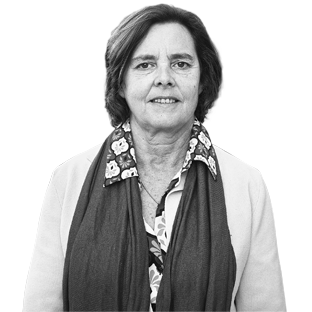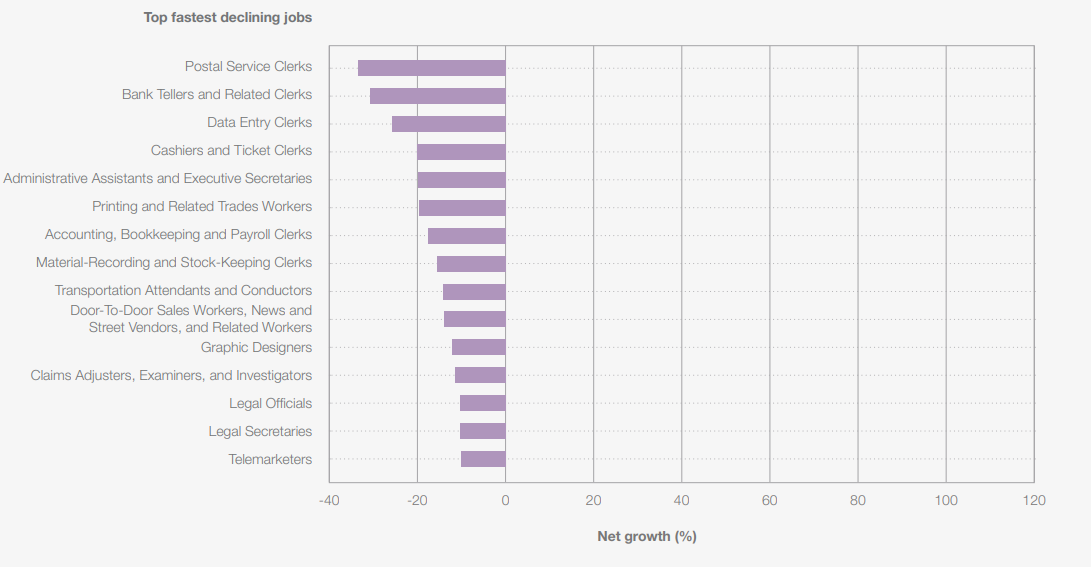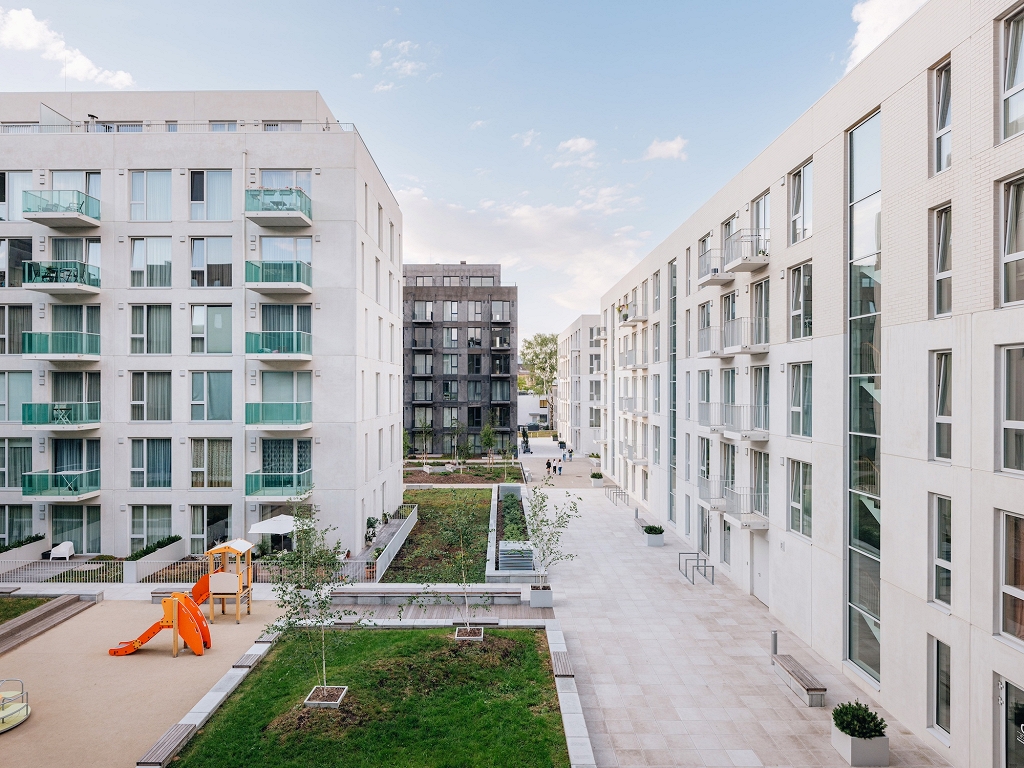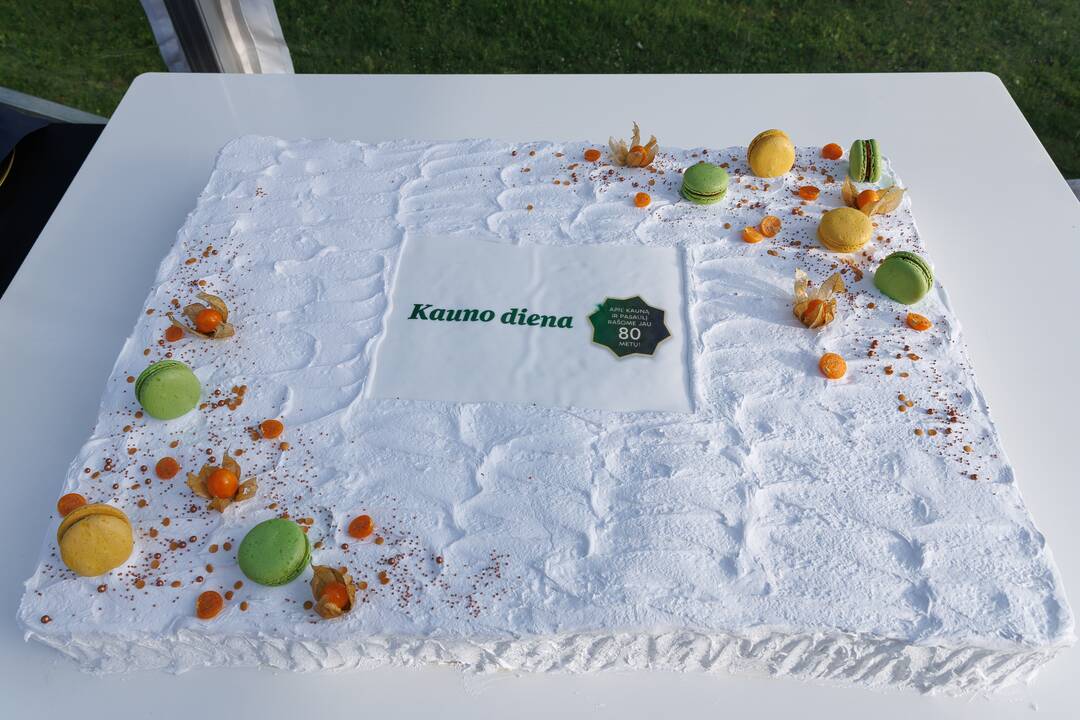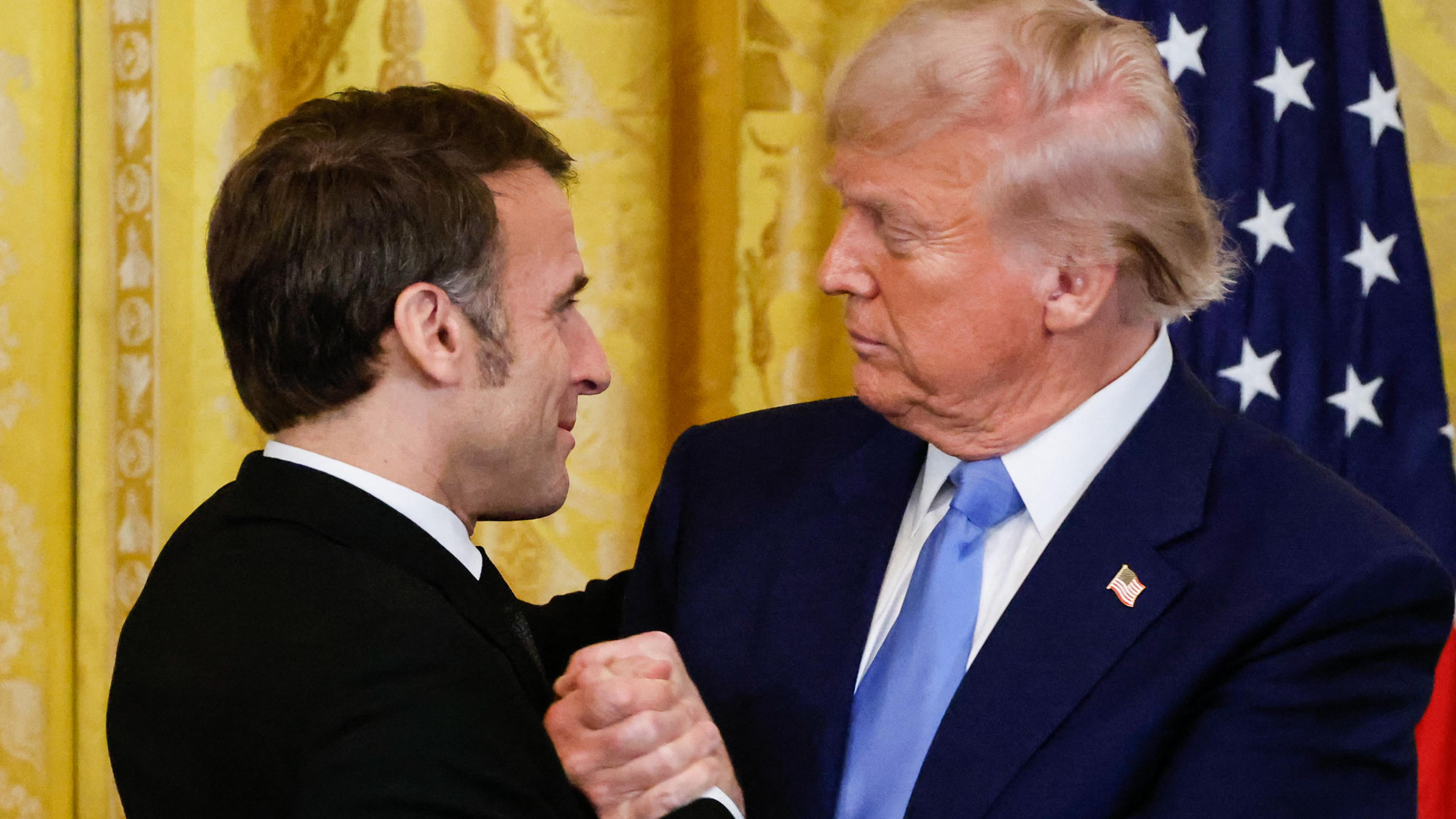Arrives vs. Left Block: Do opposites attract?

Thus at first glance there is nothing that joins André Ventura, leader of the arrival, and Mariana Mortágua, coordinator of the Left Bloc (BE). They are perhaps the two most distant parties at the ideological level, and they need to look at their electoral programs with a magnifying glass for some similarities in certain areas.
But let’s go to measures. While BE wants to tax digital companies and large fortunes-this tax applies to fortunes above 3,500 minimum national wages, about three million euros (deducted from debt)-and creating an excessive profit tax for the sectors who benefited the most of inflation and the rise of interest, the arrival wants to create a temporary contribution to the bank and the other over the sector and distributors, applicable to surplus profits.
Still in terms of taxes, the party led by Mariana Mortágua advocates the creation of a rate on donations and inheritances, VAT’s descent for the rate of 6% of electricity, gas and telecommunications and tax exemption for essential food goods. The arrival also wants to reintroduce VAT zero for essential food goods and widen the previously approved list, as well as apply the Reduced VAT rate (6%) for restoration and wants to apply the reduced VAT rate (6%) to electricity and gas, and implement a social rate of energy for numerous families, considering the first 200 kWh consumed by family/month, and since the contracted potential exceeds 10.35kva.
But there are more points in common such as the pensions. André Ventura’s party advocates an increase in the minimum pension for no elderly to have a yield of less than 820 euros. This would be in a first phase. Then this value would be at the level of the national minimum wage. In the case of the left block, even though the measure is not exactly the same, it also advocates the increase in pensions. The idea is that the minimum value is increased so that it is possible to ensure that this value of contributory career pensions with 20 or more years of discounts is above the poverty threshold.
We head to the national minimum wage. Here are also in agreement and both think the value should reach 1000 euros in 2026. Also both parties want the recovery of teachers’ service time.
In public transport, the two share the same opinion. In the block program it is said that they will « change the way we move, invest in free public transport throughout the territory ». It also arrives with the free public transport in all national networks.
As for transport companies, namely TAP, the block defends the nationalization of the Aviation Company – along with Galp, EDP; REN, ANA and CTT – The arrival says that it is necessary to ‘ensure transparency and responsibility in the management of TAP, promoting strategic partnerships that ensure its economic viability, avoiding any alienation to Lufthansa or Air France/KLM until Ryanair’s complaint resolution, and maintaining a shareholder participation that ensures presence in the Board of Directors of TAP and Ana (via renegotiation with Vinci).
In terms of housing, André Ventura’s party says that the solution may encourage and encourage the construction of accessible housing through partnerships between the public and private sector, also advocating the reduction of VAT to 6% for project services and construction of housing, also the Mariana Mortágua party wants to build public houses with a view to reducing prices. But if the former wants to extend the exemption of IMI for own and permanent property of real estate whose equity value does not exceed 400 thousand euros, the second intends to extend the exemption of this tax from three to eight years for its own housing up to 125 thousand euros and income up to 153,300 euros. As for IMT, the arrival intends to extend the exemption of this tax and seal tax for young people up to 40 and in homes up to 400,000, while BE wants to reduce by 50% in their own and permanent home purchase, but by increasing the second houses IMT by 50%.
Regarding justice, the two parties share the same idea of criminalizing illicit enrichment, with the bloc to suggest even the confiscation of goods. The same scenario is repeated in culture. The arrival wants to value artistic and cultural production, « through a model of fair and continuous financing for artists, creators and structures ». Already the Left Block wants the allocation of 1% of GDP for the culture registered in the state budget. It is noted, therefore, that both parties want to help national culture.
Different purposes
Despite some opinions, at sunrise, the politologist José Filipe Pinto clarifies that the purpose of the measures of each party « is completely different ». He adds: “The two are populist parties, but while the left block is based on socioeconomic populism – their people are essentially left behind, those who consider themselves victims of the system, hence the measures are essentially socioeconomic in their electorate to improve their living conditions – the populism of the arrival is cultural or identity populism – based on values, with history, tradition Therefore, the measures go to the improvement of living conditions that in the vision of the arrival are being put into question precisely because there are groups that are not entitled to protection of the social state and are benefiting from it ».
According to the political science expert, « for BE, enemies are the rich and capitalists, while the enemy arrives is the other, the one who comes to take advantage of a system that can no longer guarantee the rights of the Portuguese. »



